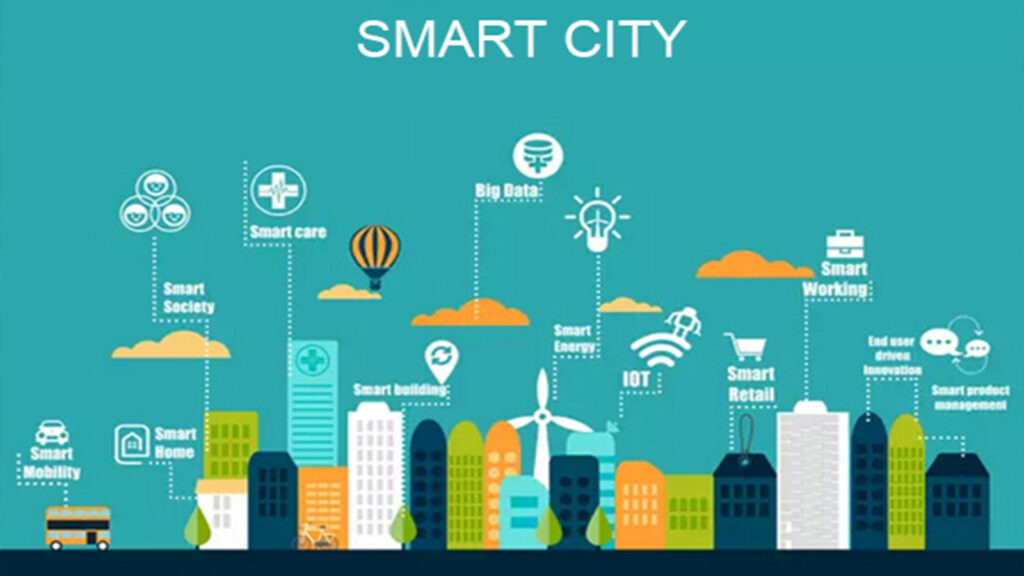Smart City, is based on the knowledge society next generation innovation (innovation 2.0) of the city information advanced form. make full use of a new generation of information technology and communication technology in city of all walks of life. Thus making intelligent responses to the needs of people’s livelihood, environmental protection, public safety, traffic monitoring, urban services, business and business activities.
Smart cities often intersect with digital city, wireless city, smart city, eco city, low-carbon city and other regional development concepts. Even mixed with the concept of e-government information technology industry, intelligent transportation, smart grid occurs. Smart City through the Internet of things, cloud computing and geospatial infrastructure and other new generation of information technology. As well as Wikipedia, social networking, Fab Lab, Living Lab, integrated integration method, network-wide media integration of communication terminal tools and methods of application, To achieve a broadband ubiquitous interconnection, intelligent integration of applications and to user innovation, open innovation, public innovation, collaborative innovation characterized by sustainable innovation.

Some city which leading the construction of smart city are also increasingly prominent people-oriented sustainable innovation, For example, the European Union launched the European Living Lab organization in 2006, It uses new tools and methods, advanced information and communication technologies to mobilize all aspects of “collective wisdom and creativity”, provide opportunities for solving social problems. The organization also launched the European Smart City Network. Living Lab is a completely user-centric. With the building of open innovation space, to help residents take advantage of information technology and mobile application services to enhance the quality of life, So that people’s needs to get the greatest respect and satisfaction.
European Smart City more attention to the effect of information and communication technology in the urban ecological environment, transportation, medical, intelligent buildings and other areas of people’s livelihood. Hoping to achieve emission reduction targets with knowledge sharing and low carbon strategy, promote urban low-carbon, environmental protection, sustainable development, Invest in building a smart city, Development of low – carbon residential, intelligent transportation, smart grid, Enhance energy efficiency, cope with climate change, build green smart city.
In November 2008, at the Foreign Relations Council held in New York, IBM put forward the idea of ” Smarter Planet”, which led to the boom of the Smart City.
“Smart City” is an important aspect of IBM’s “Smarter Planet” strategy. “Smarter Planet” proposed a more intelligent way, through a new generation of information technology to change the way people interact, improve real-time information processing capabilities and induction and response speed, enhance business flexibility and continuity, and promote the comprehensive development of social undertakings.
For the current urban traffic congestion, low safety factor, sudden disaster and more “illness”, Smart City Technology perhaps is the way to solve the problem with the support of Internet of things and cloud computing. Smart City construction should have a vision, overall planning and implementation steps, but also in conjunction with the local environment and conditions to implement. “Smart City” movement emerging and developing in all levels of government, smart city technology has been more application of around the world. Smart City has increasingly become the trends.


